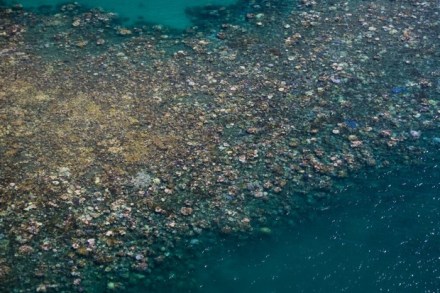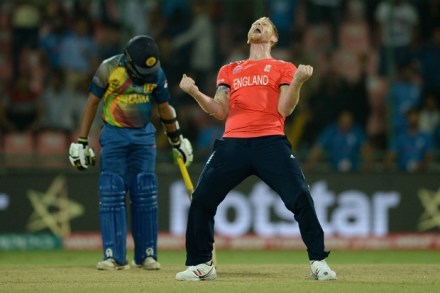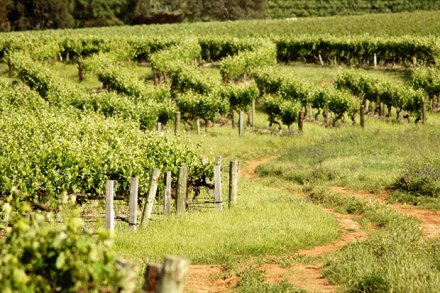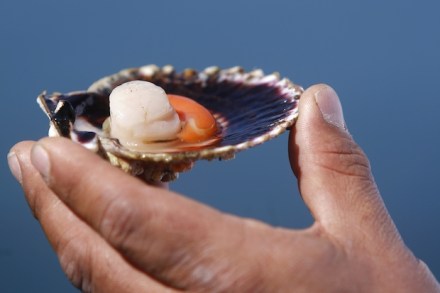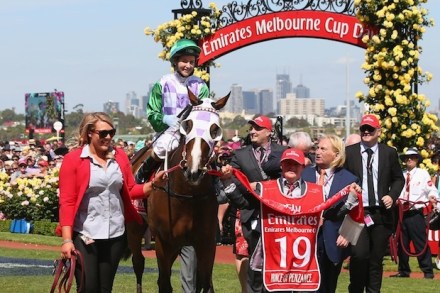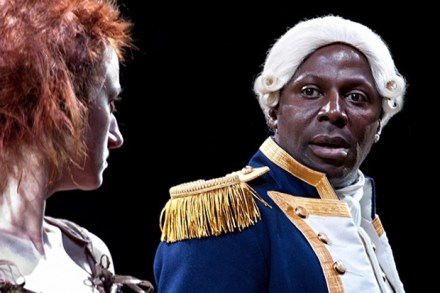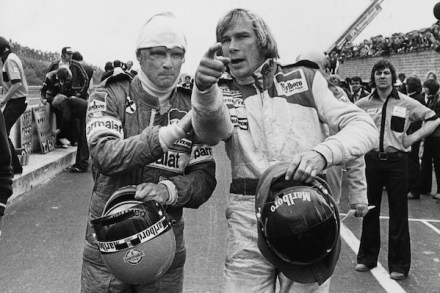Bohemian life Down Under
Here’s a pair of little books — one even littler than the other — by Robin Dalton (née Eakin), a celebrated Australian literary agent and film producer, now aged 92, who has lived in London for the past 70 years. As she explains in a prefatory note, Aunts Up the Cross was written as ‘a diary for my children should I, too, die young’, her husband having died at 33. Years later, when the publisher Anthony Blond complained that she never sent him anything, she reluctantly gave him the 22,000-word manuscript, telling him it was by a mad schoolfriend of hers. Blond had some success with it, as did Macmillan




